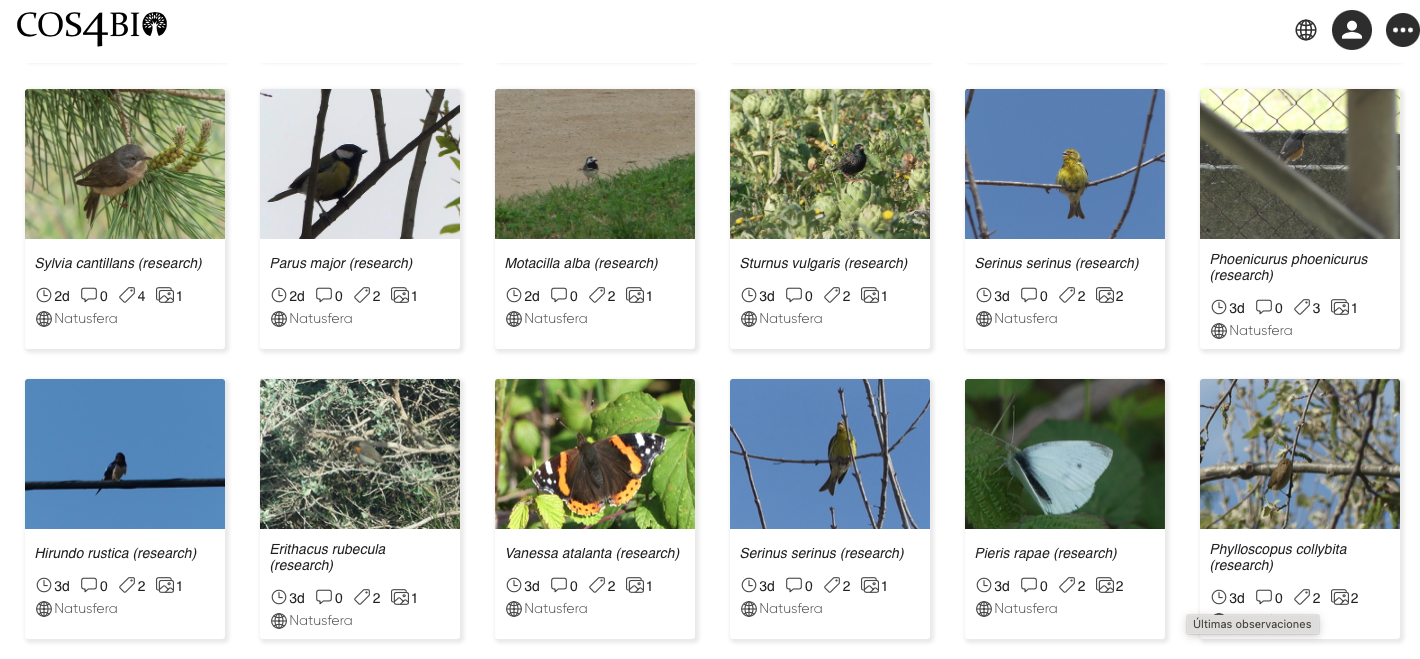CREAF is heading a community of practice that is leading the first citizen science interoperability experiment of the Open Geospatial Consortium (OGC). The goal is for citizen science projects to adopt international standards with a view to data being shared and reused.

In the conviction that society will be better equipped to tackle environmental challenges if scientists, decision-makers and the public all work together, the institutions of the European Union (EU) are promoting the concept of citizen observatories. The idea is for such observatories to develop tools and technology to enable members of the public to actively contribute to environmental monitoring and mitigation policies. In addition to complementing and enhancing the sustainability of a country’s routine environmental monitoring activity, such systems for citizen participation are a means of educating and empowering the public and an aid for environmental decision-making. The EU is currently funding four projects that aim to establish methods on the basis of which any country or community could create an observatory with good prospects of long-term viability and usefulness. One of the four, Ground Truth 2.0, has set up and is validating various citizen observatories, including RitmeNatura.cat, which CREAF is coordinating with other institutions.
Three communities of practice for more effective citizen observatories
In addition to the aforementioned four projects themselves, the EU has recently funded an activity designed to coordinate them and generate exchangeable, cross-cutting tools to support the initiative as a whole. This coordination activity is called WeObserve and CREAF is a partner in its consortium. WeObserve’s first act has been to set up three communities of practice to look at key aspects of making and keeping citizen observatories effective. One community is to focus on engaging and retaining the public’s interest; another will evaluate citizen observatories’ impact and real value for governance where environmental monitoring is concerned; and the third is to work towards observatories having interoperable data collection systems, adopting quality standards, and being aware of the duties and the licensing and privacy issues involved in processing and preserving project information.

The OGC’s first citizen science interoperability experiment
Led by CREAF researcher Joan Masó, the third community of practice is spearheading the first citizen science interoperability experiment of the Open Geospatial Consortium (OGC). The experiment’s aims include demonstrating that OGC standards are applicable to and useful for citizen science (for searching for similar projects and creating supersets of data, for instance), studying the feasibility of a person participating in various projects at once via a single user account, and looking at how the results of citizen science could be incorporated into the Global Earth Observations System of Systems (GEOSS).
Around 20 organizations from all over the world are actively participating in the experiment, which is being directly supported by the Joint Research Centre (JRC), the European Space Agency (ESA), the International Institute for Applied Systems Analysis (IIASA) and CREAF. With the community having already held a preliminary meeting in Geneva, the experiment is set to be officially launched in Stuttgart on 14 September. The activities it involves will run until March 2019, and its results will subsequently be published in a report. You can visit this website to follow the work involved in the OGC’s experiment.
The three communities are open to everyone, from those with a scientific, political or technical background to members of the public interested in the matters to be addressed. Participants will share what they know, generate new knowledge where necessary, and develop solutions and channels for dialogue.
You can use this form to register to be part of a WeObserve community of practice.
CREAF has worked directly with the OGC to define and implement geospatial information standards for more than 10 years, and has recently taken on a more prominent role in relation to citizen science, leading a working group on such standards and another on data from non-official sources before opting to lead the interoperability experiment.
If you would like to work with WeObserve’s third community of practice on matters related to data privacy, quality and interoperability, please write to joan.maso@uab.cat directly







